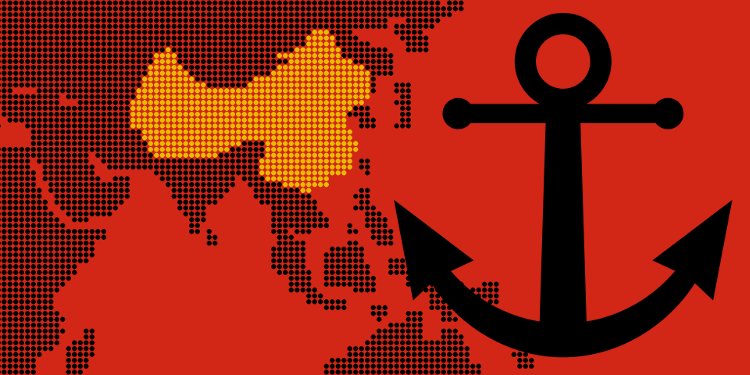North Korea is ready to nuke, Hong Kong has a new CEO, and China is talking. In fact, China is talking with almost everyone, even Taiwan, as headlines would have us believe.
Hong Kong’s new CEO, Carrie Lam, is ostensibly favored by China’s Communist Party. But, all politicians in the special administrative region are vetted by Beijing. The western press is beside themselves with how much control Beijing exerts, regardless of how loyal Lam actually is. Nothing has been proven yet because she hasn’t had a chance to do anything yet. She was just elected. Of course, in the minds of the western press, Beijing is guilty until proven guilty.
Hong Kong is self-proclaimed as “Asia’s World City”. It is the doorstep of semi-closed China to the open West. What happens in Hong Kong is exactly what Beijing wants the world to see. What Beijing sees as an advertisement the West sees as “public relations”—for better or worse. Lam is Beijing’s choice as the new “poster girl”. While she didn’t get there by being incompetent, the true test of CEO Lam’s leadership will be whether she creates or prevents excuses for western headlines to make China look like a bully.
While the West villainizes Beijing, it is becoming more and more clear that China is doing what it thinks best for itself, but doesn’t understand PR with self-governing nations. All this outreach—Pakistan, New Zealand, India, Cambodia, the US, Taiwan—it’s going to backfire with stories like China not allowing a married Australian resident academic to return to Australia. In the mind of the West, the decision is what matters. In the mind of Beijing, the reasons are what matter.
China’s President Xi admitted last week, more or less, that China needed to play “tech catch-up” with the States. Now, China is investing in US startups to get military technology insight. Smart. The open, free enterprise, private, self-governed sector usually has the best tech. The question Beijing should be concerned with is whether its researchers will hunger for the same inspiring freedom as the companies they seek to glean from. While Beijing hopes to acquire information, they may inadvertently acquire free market ideology. That can be quite unsettling, as if the Pacific doesn’t have enough “waves” already.

